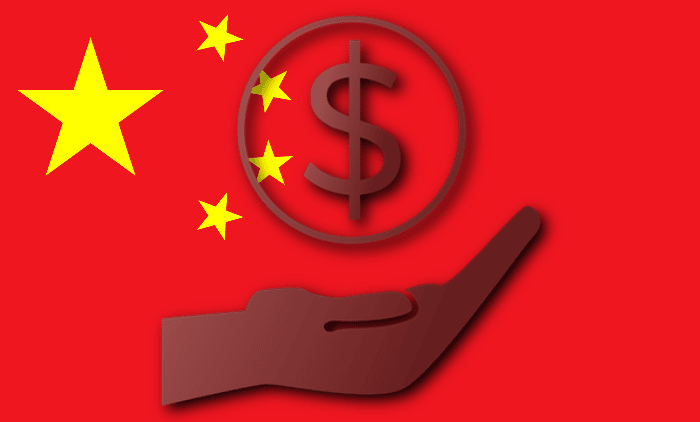The yen continues to depreciate and Japan’s official intervention signals are frequently released
[ad_1]
In response to the fact that the yen’s exchange rate against the U.S. dollar has fallen to its lowest level in more than 30 years, Japanese officials have frequently released intervention signals in recent days, saying that this will lead to negative economic impacts and is unacceptable. However, market participants believe that as the interest rate gap with the United States is still too wide, even if Japanese officials adopt intervention measures, it will be difficult to be fundamentally effective, and the outlook for the yen’s trend is still not optimistic.
Japanese Prime Minister Fumio Kishida recently said in response to a question about the recent weakening trend of the yen that the Japanese government will not rule out any policy options in dealing with exchange rate issues.
According to the Wall Street Journal, Fumio Kishida publicly stated that the Japanese government is paying close attention to foreign exchange trends and believes that excessive fluctuations are unacceptable. The yen has recently been trading near its lowest level against the dollar in more than three decades. On the 8th, the Japanese yen remained sluggish against the U.S. dollar, hovering at a low of 151.7 yen per U.S. dollar.
“We hope to take appropriate countermeasures against excessive volatility, and we will not rule out any policy options,” Kishida said.
He also said that he would cooperate with the Group of Seven (G7) to deal with exchange rate issues, noting that the G7 had stated that disorderly fluctuations in the yen exchange rate could have a negative impact on the global economy.
Previously, Japanese Finance Minister Shunichi Suzuki also publicly warned that he would take “resolute action” to intervene in the currency market.
The last time Suzuki Shunichi used the same wording was in the second half of 2022, and the Ministry of Finance subsequently intervened in the yen exchange rate. After the intervention, the yen rebounded nearly 20% from its low point (1 US dollar to 151.95 yen) in three months, but then weakened sharply.
Analysts at Nomura Securities said: “If the Japanese government uses trillions of yen for foreign exchange intervention as it did in 2022, then this may cause the dollar against the yen exchange rate to fall by 4 to 5 yen.”
As of the end of February, Japan’s foreign exchange reserves were US$1.15 trillion. Goldman Sachs estimates that about $175 billion of this is in U.S. dollar cash, and relevant authorities can intervene in the foreign exchange market without selling long-term securities.
However, some analysts have expressed doubts about whether the intervention measures can promote the yen’s rise in the long term. Bloomberg quoted senior emerging market investor Mobius as saying that the Bank of Japan is “fighting a losing battle” to defend the yen, and he expects the yen to weaken further.
At the interest rate meeting in March, the Bank of Japan announced that it would raise the key interest rate from -0.1% to 0-0.1%, marking the first rate increase since 2007. The eight-year era of negative interest rates came to an end. But this move had little effect on narrowing the interest rate gap between the United States and Japan. Mobius pointed out that unless expectations for a rate cut by the Federal Reserve rise again, the yen’s long-term weakness will continue.
Mobius believes that the Bank of Japan is now “considering some different measures, but it remains to be seen whether they have the confidence to actually make a significant change in policy.”
Corporate bond and currency traders at Japanese financial firm Monex also said that the intervention measures will encourage the market to adjust some positions, thereby having a short-term impact, but the yen is likely to fall back to its original level within a week or so. Some people in the Japanese industry pointed out that market speculative capital was once short of the yen, which was a major reason for the continued decline of the yen exchange rate. Whether the current situation of mostly short yen positions can be reversed will depend on the actual actions of Japan’s monetary policy and foreign exchange intervention.
[ad_2]
Source link

